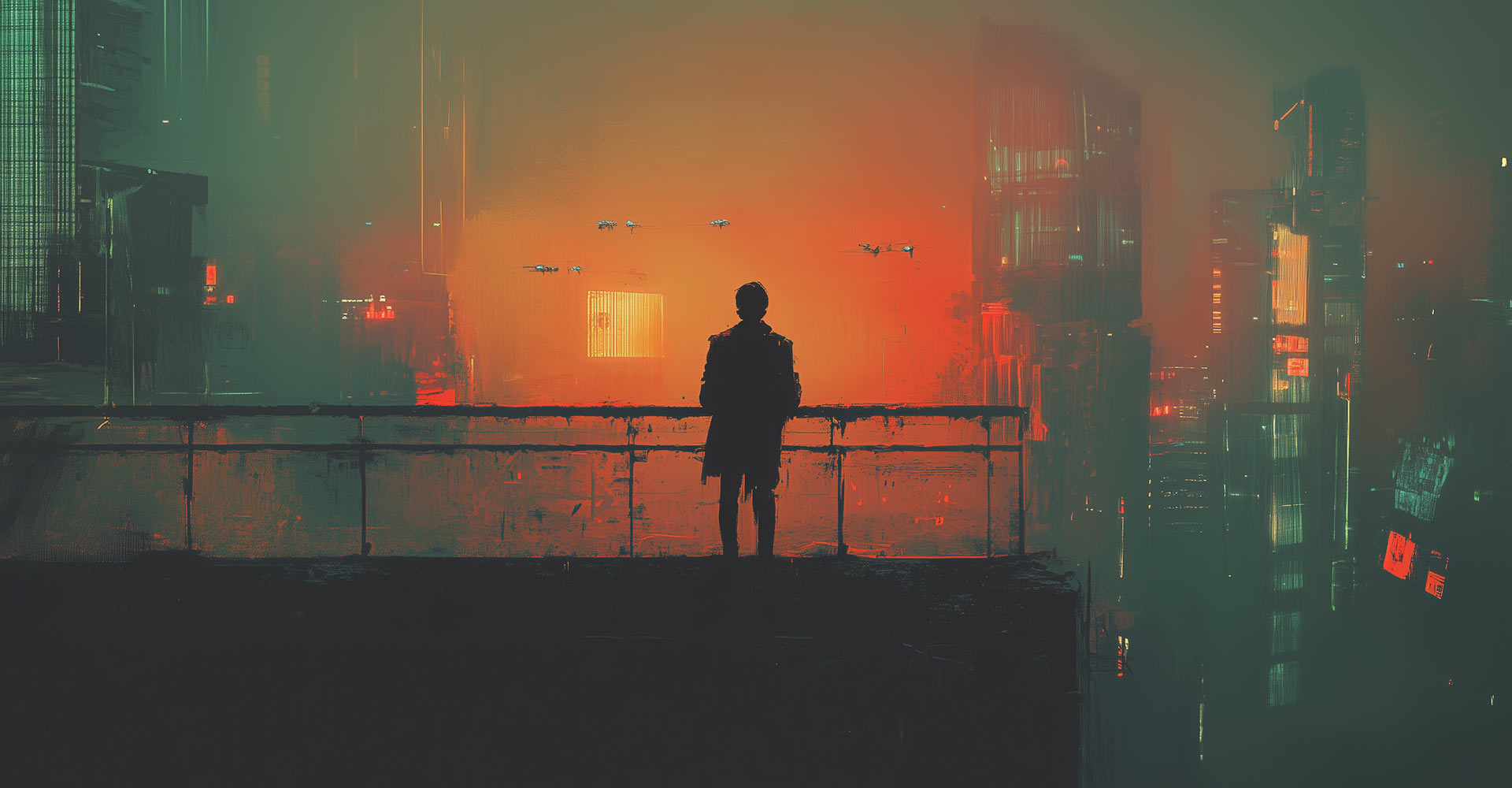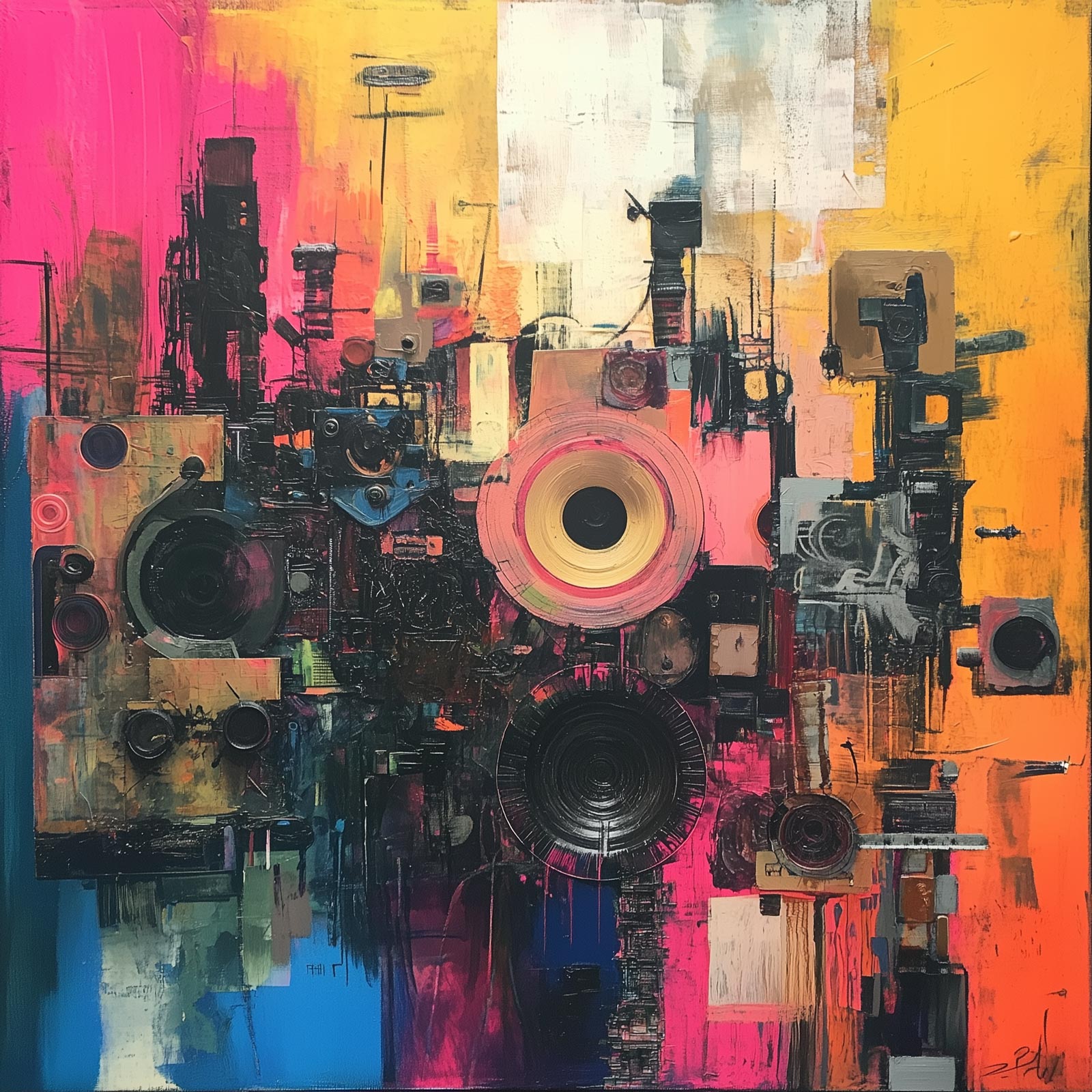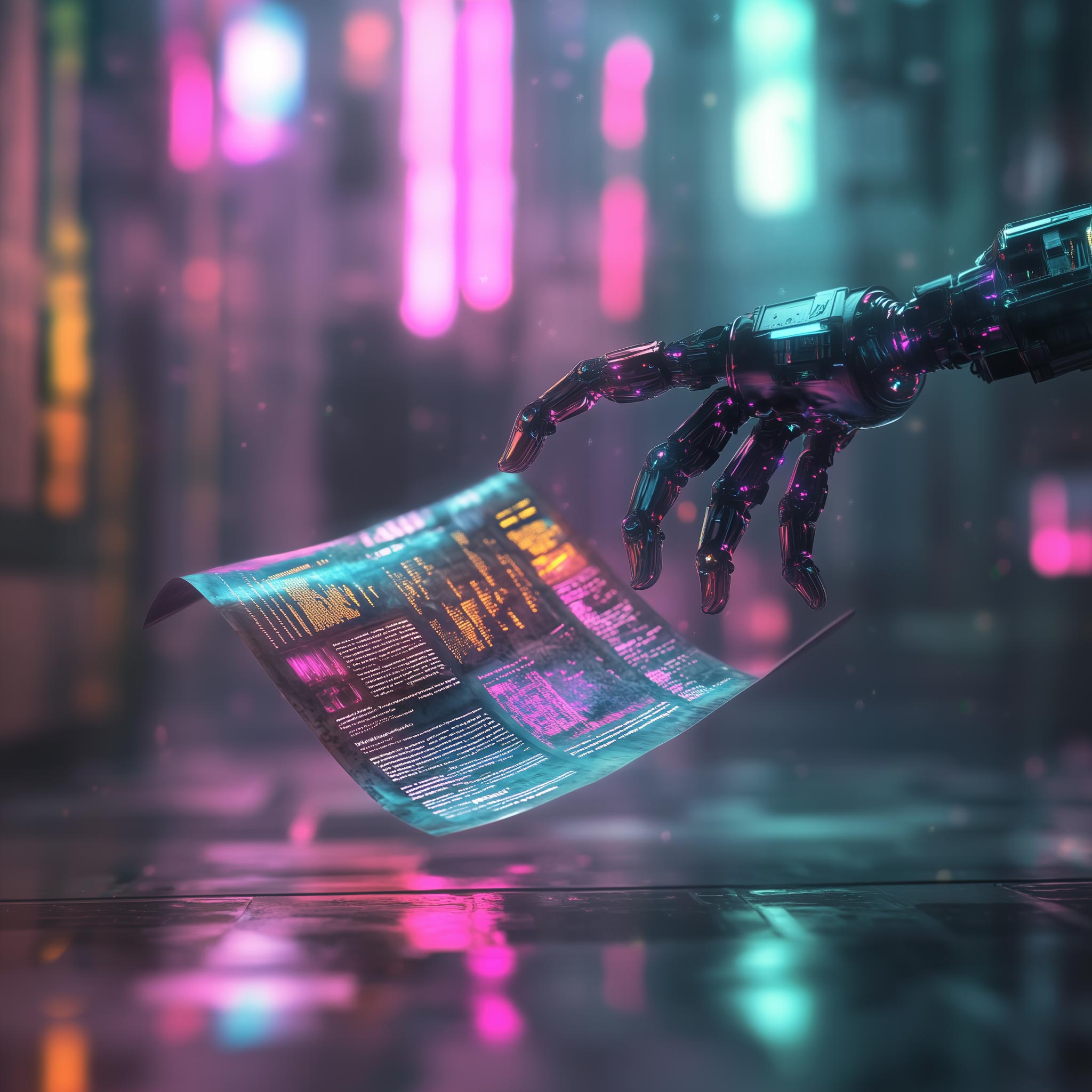Welcome to the Future: AI, Work, and Finding Meaning Beyond Spreadsheets
Introduction: The Robots Are Coming… Or Are They?
AI is advancing faster than your Wi-Fi at a coffee shop, and with it comes a mountain of existential questions: Will AI take all our jobs? Will we have to compete with a chatbot for a raise? And most importantly—will AI finally write the perfect email that doesn’t start with “Hope this finds you well”?
AI is already diagnosing diseases, drafting legal documents, designing skyscrapers, and even composing music (sorry, Beethoven). Some experts warn that this could disrupt labour markets and undermine work as a social connection and purpose source. Others, however, see AI as the ultimate sidekick—more Robin than Batman—helping us be more productive, creative, and maybe even less miserable at work. This article explores both sides of the AI coin, how work is being redefined, and whether we might be heading for a future where we work less and live more.
AI Thought Leaders on the Future of Work: A Battle of Optimism vs. Panic
The Optimists: AI as Your Trusty Office Assistant
An AI pioneer, Andrew Ng believes AI won’t replace jobs entirely but will make them easier. Ng says, “If 20–30% of your job gets automated, the job will still be there—you’ll just be using AI to do it better.” Think of it like working alongside a hyper-intelligent intern who never takes a coffee break. AI is expected to boost innovation, increase efficiency, and create new opportunities—provided you know how to use it.
The Cautionary Camp: Prepare for the Great AI Takeover
On the other hand, AI heavyweight Kai-Fu Lee estimates that automation could wipe out nearly 40% of jobs within the next 15 years. From self-checkout tills to self-driving trucks, AI is slipping into industries faster than you can say “machine learning.” And let’s not forget Sam Altman, OpenAI’s CEO, who bluntly admitted, “Jobs are definitely going to go away, full stop.”
The key question here isn’t just whether AI will take jobs—it’s whether it will create enough new ones to replace them. And whether those new jobs require skills that a displaced factory worker, accountant, or journalist can quickly learn.
AI’s Redefining of Creativity, Productivity, and Decision-Making
AI and Human Creativity: A Match Made in Digital Heaven?
Good news for artists, musicians, and writers—AI isn’t here to steal your creative thunder. Yet. Instead, it acts more like a brainstorming buddy that never runs out of ideas. AI can identify patterns, generate suggestions, and offer novel approaches—but humans still provide the originality. AI may compose a catchy tune, but it won’t pour its heartbreak into a love ballad (unless someone teaches ChatGPT how to feel rejection). The trick is using AI to fuel creativity without letting it replace human ingenuity.
Productivity: Getting More Done While Doing Less
AI is already proving to be the ultimate productivity hack. In one MIT study, office workers using AI writing tools completed tasks faster and produced 18% higher-quality work. That means AI isn’t just making workers more efficient—it’s helping level the playing field, ensuring even the least-skilled employees can perform better. Think of it as giving everyone in the office a performance-enhancing superpower (without the need for an HR scandal).
What Can History Teach Us? Lessons from Previous Tech Revolutions
History suggests that technological disruption doesn’t just eliminate jobs—it also creates new ones. Consider these:
- The Industrial Revolution: The rise of machines sent weavers and factory workers into fits of rage (hello, Luddites), but in the long run, it led to higher wages and better jobs.
- The Digital Revolution: Personal computers eliminated typewriter jobs but created millions of IT and tech roles instead.
- The ATM Paradox: ATMs didn’t kill bank teller jobs—because they reduced branch costs, banks opened more locations, and teller jobs increased.
The takeaway? AI’s impact depends on how we choose to use it. If businesses focus on AI for augmentation rather than pure automation, the future might look more like Iron Man (human + tech) than The Terminator.
Job Displacement vs. Job Creation: Who’s Right?
The debate rages on. Some experts believe AI will take more jobs than it creates, while others predict a net gain in employment. The World Economic Forum estimates that by 2025, AI will displace 85 million jobs—but create 97 million new ones. The real challenge? Bridging the skills gap. A truck driver or cashier losing their job to AI might struggle to pivot into AI engineering.
Policy changes—such as investment in education and reskilling programs—will likely determine whether AI leads to mass unemployment or a thriving, AI-enhanced workforce. Some have even suggested Universal Basic Income (UBI) as a solution for those left behind.
Human Purpose in an AI World: Existential Crisis or Utopia?
What happens to our sense of purpose if AI takes over more work?
The Optimists’ View: Work Less, Live More
Some argue that AI could finally deliver on the promise of a four-day workweek, freeing people to pursue passions, creativity, and personal fulfilment. Imagine a world where you spend more time writing, painting, or volunteering instead of being stuck in a cubicle. AI could help humans transition from work-driven identities to purpose-driven ones.
The Pessimists’ View: The “Useless Class” Problem
Yuval Noah Harari warns that a world without work might leave many feeling adrift. Society could struggle with mass existential crises without jobs providing structure, purpose, and social engagement. Would people spend their newfound free time on self-improvement—or binge-watching reality TV? That remains to be seen.
Addendum: The Danger of Letting AI Do All the Thinking
While AI makes work easier, the real risk isn’t just job displacement—it’s intellectual complacency. If humans rely on AI for every answer, what happens to curiosity, critical thinking, and innovation? The Industrial Revolution automated manual labour, but it didn’t replace craftsmanship. Similarly, AI should enhance our thinking, not replace it.
The danger lies in blind reliance. If AI-generated content is accepted without scrutiny, misinformation spreads unchecked. If we stop interrogating ideas, challenging assumptions, and pushing boundaries, we train AI on mediocrity rather than excellence. In short, AI will only be as smart as the humans guiding it.
A world where we outsource thought entirely isn’t just a dystopian nightmare—it’s a recipe for a society that no longer questions, debates, or innovates. And that’s a future we should all be thinking about—without AI having to remind us.
Conclusion: AI’s Future—Friend or Foe?
AI is poised to redefine work, but whether it leads to a golden age of productivity or a jobless dystopia depends on our choices today. Will we invest in policies that help workers transition? Will we embrace AI as a tool rather than a replacement? And will AI ever master the art of writing an engaging LinkedIn post?
One thing’s for sure: AI isn’t going anywhere. But humans still have the most important job—deciding how we use it.



